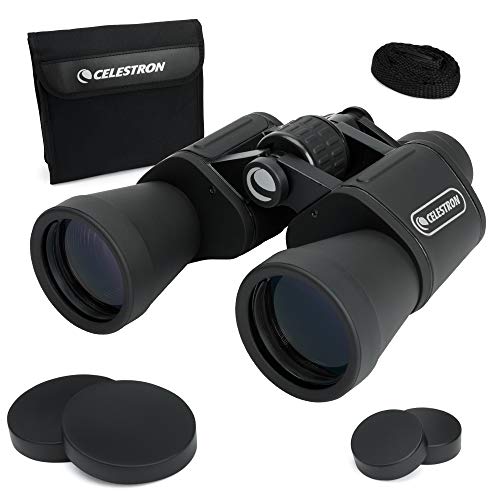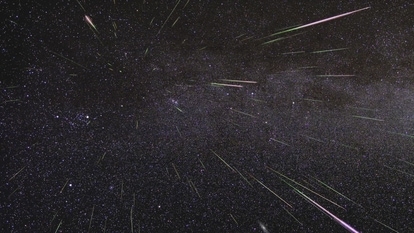Humans just dug a hole on Mars, but did NASA fail to bag a sample as Rover goofs up?
Perseverance, latest Mars rover, landed on the planet's Jezero crater in February on a NASA mission to search for signs of life. The humans back on Earth just made it dig a hole in a rock on Mars.

NASA's Perseverance rover succeeded in its second attempt to scoop up a piece of rock on Mars for future analysis by scientists on Earth -- probably. Its first effort last month (August 5) failed after the rock was too crumbly to withstand the robot's drill, but data received late on September 1 indicates the process worked this time around.
US space agency NASA said Thursday it remains a little uncertain, because images taken after the rover's arm completed sample acquisition were inconclusive due to poor sunlight conditions. More images taken under better lighting conditions on Mars are expected back by Saturday.
Also read: Looking for a smartphone? Check Mobile Finder here.
"The team determined a location, and selected and cored a viable and scientifically valuable rock," Jennifer Trosper, project manager at NASA's Jet Propulsion Laboratory in Pasadena, said in a statement.
"We will work through this small hiccup with the lighting conditions in the images and remain encouraged that there is sample in this tube."
The target was a briefcase-sized rock nicknamed "Rochette" from a ridgeline that is half a mile (900 meters) long.
Perseverance, NASA's latest Mars rover, landed on the planet's Jezero crater -- the site on an ancient lake -- in February on a mission to search for signs of ancient microbial life.
Its turret-mounted scientific instruments are able to determine chemical and mineral composition and look for organic matter, as well as better characterize the planet's geological processes.
It uses a drill and a hollow coring bit at the end of its 7-foot-long (2-meter-long) robotic arm to extract samples slightly thicker than a pencil, which it stores under its belly.
NASA plans a mission to bring around 30 samples back to Earth in the 2030s, where scientists will be able to conduct more detailed analysis that might confirm there was microbial life.
Catch all the Latest Tech News, Mobile News, Laptop News, Gaming news, Wearables News , How To News, also keep up with us on Whatsapp channel,Twitter, Facebook, Google News, and Instagram. For our latest videos, subscribe to our YouTube channel.





























